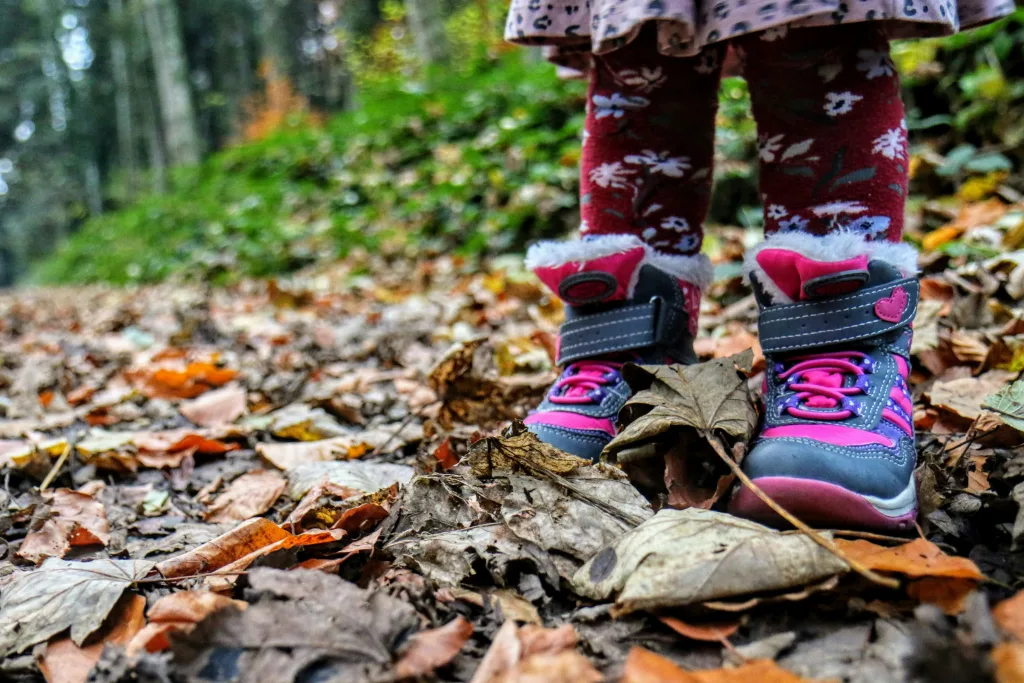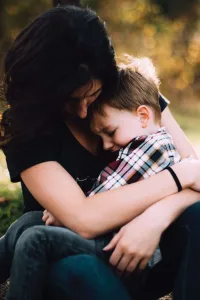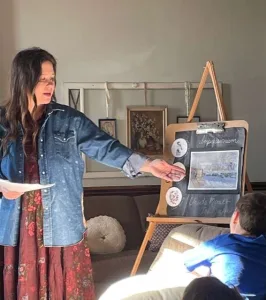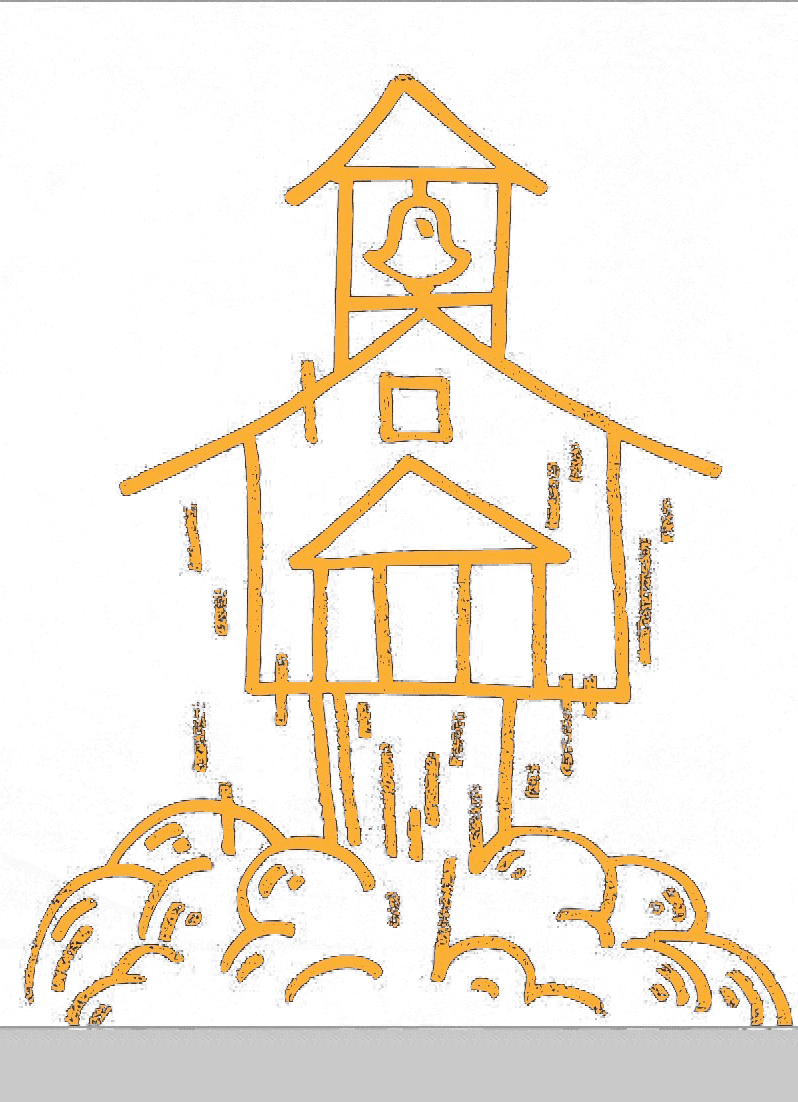In the early 2010s, I began to notice a decline in my students’ fine and gross motor development. Each year the incoming children would be less capable of these foundational and vital skills. By the time I became an administrator in 2015, I saw third graders unable to grasp math counters that we used as classroom tools, 4th- and 5th-graders unable to cut a straight line with scissors, and middle-schoolers unable to write legible sentences with a pen.
My experience as a mom in an urban context matched my observation of a motor skill crisis as a teacher. For several years, my very young family lived in a high-rise apartment, and the following 12 years in a historic home in the urban corridor. I watched my own children show motor delays as we didn’t have a cul-de-sac to ride a bike in, or even sidewalks to speak of. Every city playground we went to was filled with sliding handles (also known as track rides or a trolley) instead of monkey bars, balance equipment was nowhere to be found, and the slides were suddenly much lower to the ground and barely registered an incline. The only marks of playground equipment from my childhood were two or three swings and a climbing pole that suddenly had rungs wrapped around it, limiting the need for upper body strength to climb it. While I initially thought it was simply an urban, big-city problem, my friends who had been part of the great suburban migration of 2020–2023 echoed my own concerns; their playgrounds also lacked true motor development challenges and instead favored the majority-plastic, soft equipment anchored to flexible rubber mulch and de-emphasized any equipment deemed risky or dangerous to the casual observer. It seemed to me that, in our attempt to create a world where our children were physically safe from harm, perhaps we were inadvertently doing them harm.
Jonathan Haidt’s widely well-known book, Anxious Generation, has resonated with the world, and I can’t help but wonder whether it is due to all of its content echoing the thoughts of parents, teachers, therapists, and casual observers of modern society around the world. Millennials grew up with the onset of technology but lacked the nature-based play childhood of previous generations before them. That Millennial generation is the first that claims life-long familiarity with the way the modern world has de-emphasized generational legacies of nature-based, play-focused childhood development. In turn, Millennials are now raising their own children and resolving to change their own complicated relationship with technology by seeking out nature-based education for their young families.
Teachers are reporting a significant decline in fine motor skills since 2020 in preK to 3rd-graders. According to a study by EdWeek, 77% of teachers cited indicated that students are having a much harder time with crayons and writing utensils, and 69% said that the students are struggling to tie their shoes. The Journal of Sport and Health Sciences states that preschool-age children’s manual dexterity skills were inversely related to their screen-time.
While I felt that I could see a dangerous and significant theme, I began to wonder how parents like me would solve their concerns. Within the educational and therapeutic environments, we believe that young children learn best through intentional, meaningful play. As such, I wanted to create a program that would focus on a child’s physical and motor development and provide a place to experience the wonder of childhood play, even in an urban setting. Forest Play School was born. Our Forest Play School is a unique program with curriculum designed and implemented by OTs and SLPs. By combining nature-based exploration with the expertise of therapists who understand how children develop, we create experiences that support the whole child—mind, body, and social connections.
We know that we are not alone in our desire to see children return to the foundational developmental norm of childhood play. We frequently get emails, messages, and requests from every region of the country, looking for programs like our Forest Play School. Many programs do, in fact, exist, and we wanted to put together a checklist, from the point of view of a program director or of a parent, when looking for a curriculum or program.
Look for these 6 key characteristics in nature-based childhood programs:
- Building Strong Bodies: Climbing, balancing, digging, and exploring support coordination, strength, and motor skills.
- Developing Important Life Skills: Hands-on activities like gardening, tool use, and problem-solving in groups build independence, confidence, and real-world abilities.
- Communicating and Connecting: Songs, stories, nature games, and group conversations help children grow their vocabulary, listening skills, clear speech, and social confidence.
- Supporting Focus and Processing: Time outdoors naturally strengthens attention, self-regulation, and the ability to process and make sense of sensory input.
- Belonging and Community: Working together in small groups encourages teamwork, empathy, and the feeling of being part of something meaningful.
- Preparing for Future Learning Opportunities: Engaging in intentional play-based learning activities helps lay the foundations of fine motor, gross motor, visual motor, and sensory skills that support academic learning in elementary-age children.
Our Forest Play School program now operates at full capacity, with a constant waitlist, and has done so for the last 3 years. In a world of screens and gamified apps at every turn, our students are busy climbing trees, learning how to leap like a frog, and digging for imaginary treasure—reminiscent of an era that shouldn’t be deemed bygone. With time, we believe that even more programs that emphasize nature-based, play focused development will continue to thrive, new ones will be developed, and eventually such programs will become a normative part of childhood once again.





